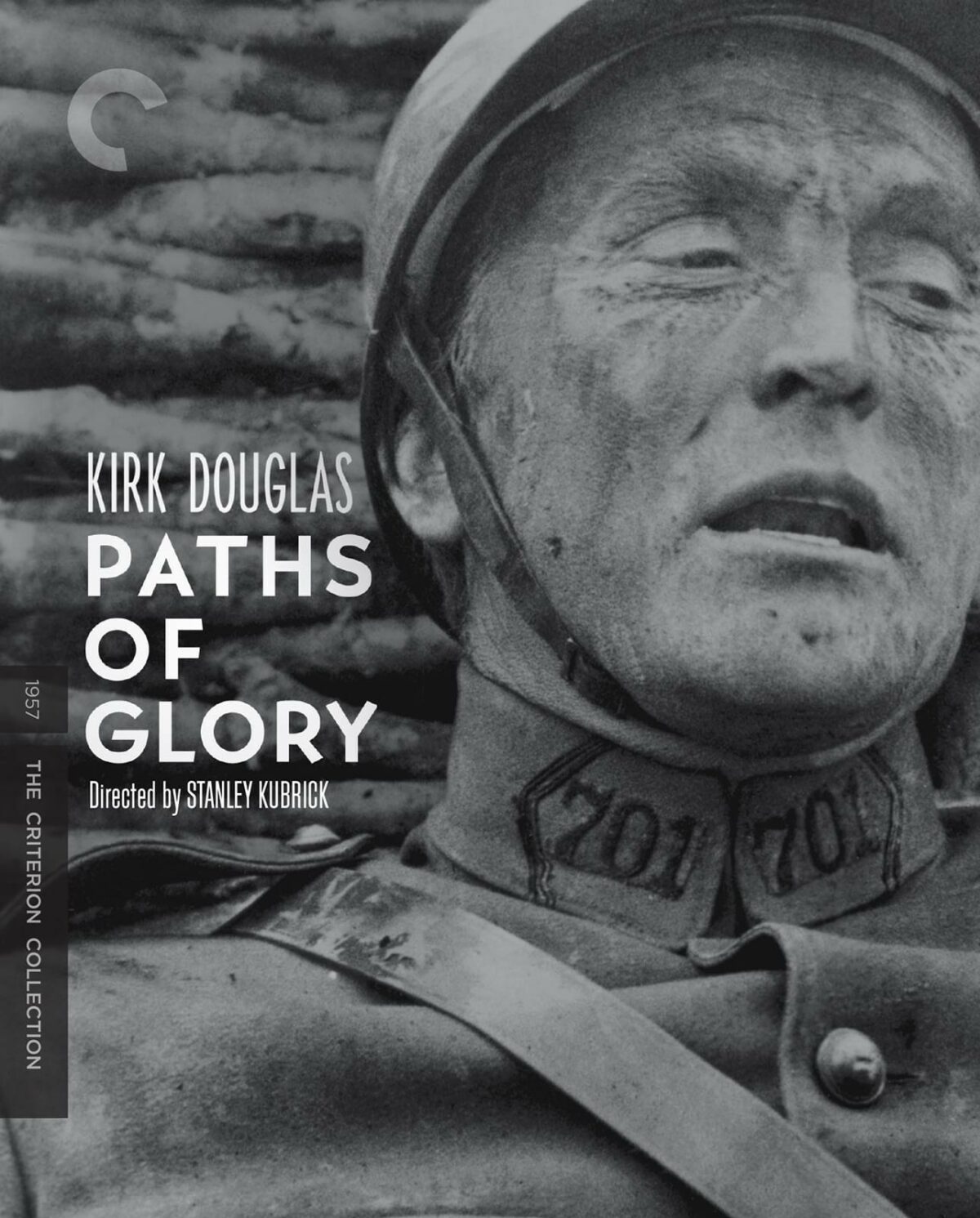Released in 1957 and directed by the iconic Stanley Kubrick, “Paths of Glory” stands as a seminal work of cinema that transcends its genre, offering a profound exploration of war, morality, and the human condition. Set during World War I, the film delves deep into the harrowing realities of trench warfare and the moral dilemmas faced by soldiers and commanders alike. With its uncompromising portrayal of the brutality and futility of war, “Paths of Glory” remains a poignant and relevant masterpiece that continues to captivate and provoke audiences to this day.
Plot Summary:
“Paths of Glory” unfolds against the backdrop of the Western Front during World War I, where French soldiers endure the horrors of trench warfare in a futile battle against the German enemy. The narrative centers on Colonel Dax (played by Kirk Douglas), a courageous and principled officer who leads his men into battle with unwavering resolve.
When a failed attack results in heavy casualties, General Mireau (played by George Macready) demands that Colonel Dax execute three of his own men for cowardice as a display of discipline and resolve. Despite his objections and efforts to defend his men, Dax is compelled to carry out the orders, leading to a devastating confrontation between duty, honor, and conscience.
Themes and Analysis:
At its core, “Paths of Glory” explores a multitude of profound themes that resonate with audiences on both a personal and universal level:
- The Folly of War: Through its unflinching depiction of the horrors of trench warfare, the film exposes the senseless brutality and futility of war, highlighting the human cost of conflict and the tragic consequences of unchecked ambition and hubris.
- The Corruption of Power: “Paths of Glory” vividly portrays the corrupting influence of power and authority, as General Mireau’s ruthless ambition and disregard for human life lead to moral compromise and ethical decay within the ranks of the military hierarchy.
- The Triumph of the Individual: Colonel Dax emerges as a heroic figure who embodies principles of integrity, compassion, and resilience in the face of overwhelming adversity. His unwavering commitment to justice and humanity serves as a beacon of hope in a world consumed by chaos and despair.
- The Sacrifice of the Innocent: The film poignantly depicts the plight of the soldiers caught in the crossfire of political intrigue and military folly, underscoring the tragic irony of their sacrifice and the inherent injustice of their fate.
Performances and Direction:
Directed with consummate skill and artistry by Stanley Kubrick, “Paths of Glory” showcases the filmmaker’s keen eye for detail, masterful storytelling, and uncompromising vision. Kubrick’s meticulous attention to historical accuracy and atmospheric detail immerses viewers in the bleak and claustrophobic world of the trenches, evoking a sense of dread and foreboding that permeates every frame.
The performances in the film are nothing short of extraordinary, with Kirk Douglas delivering a powerhouse performance as Colonel Dax, imbuing the character with depth, nuance, and moral gravitas. Douglas’s commanding presence and emotional intensity anchor the film, compelling viewers to empathize with Dax’s struggle against injustice and tyranny.
Legacy and Impact:
“Paths of Glory” remains a towering achievement in the pantheon of cinematic masterpieces, revered for its uncompromising realism, moral complexity, and searing indictment of war and its consequences. The film received widespread critical acclaim upon its release and has since attained cult status as a timeless classic that continues to inspire and provoke audiences around the world.
Conclusion:
In conclusion, “Paths of Glory” (1957) stands as a timeless testament to the power of cinema to illuminate the darkest recesses of the human soul and provoke introspection and empathy in audiences. Through its uncompromising portrayal of war, morality, and the human condition, the film challenges viewers to confront the harsh realities of conflict and to recognize the inherent dignity and worth of every individual. As audiences embark on the arduous journey of “Paths of Glory,” they are reminded of the enduring power of art to transcend boundaries, provoke thought, and inspire change. Truly, it is a cinematic odyssey that leaves an indelible imprint on the hearts and minds of all who dare to bear witness to its profound truths.
